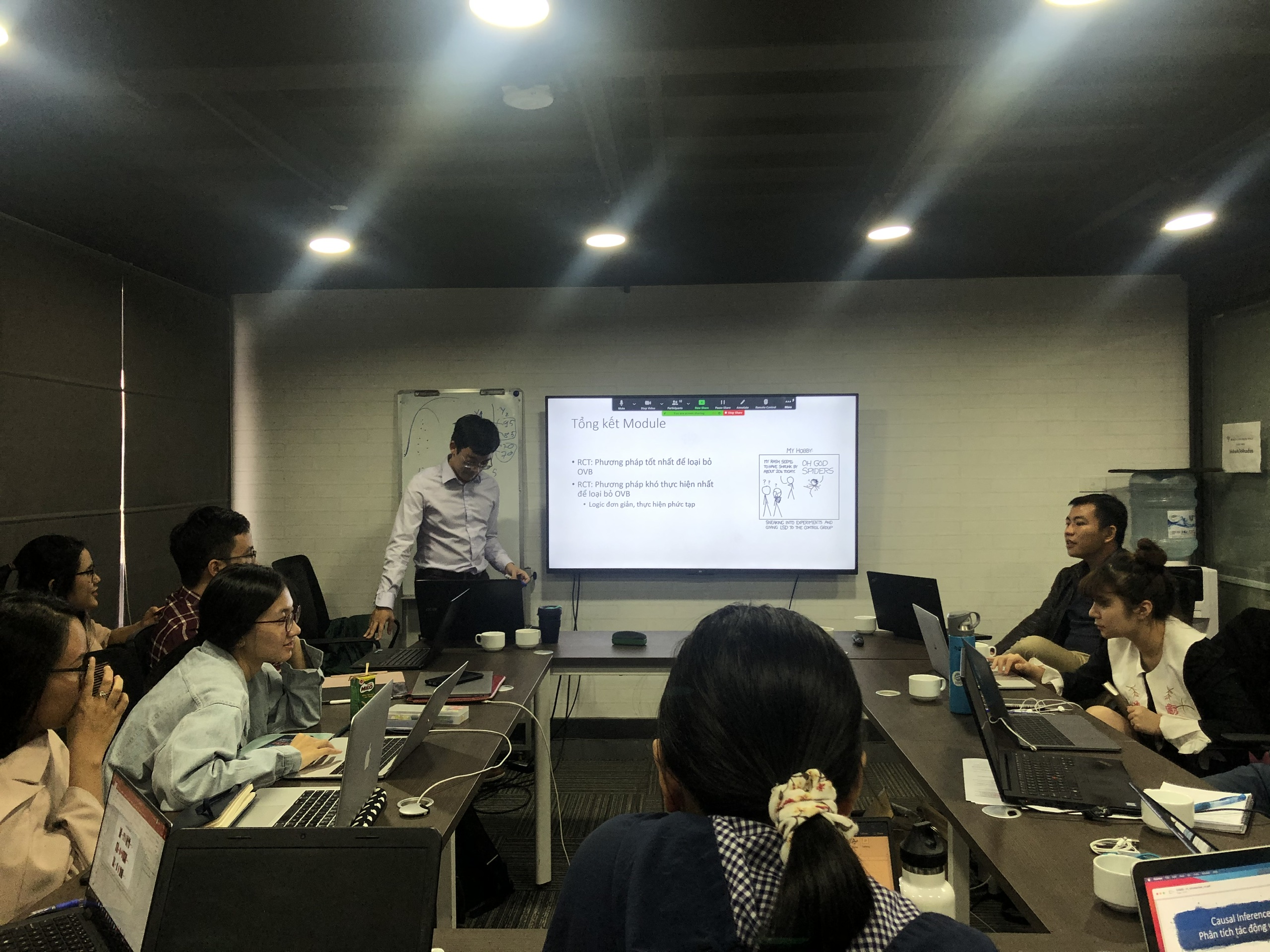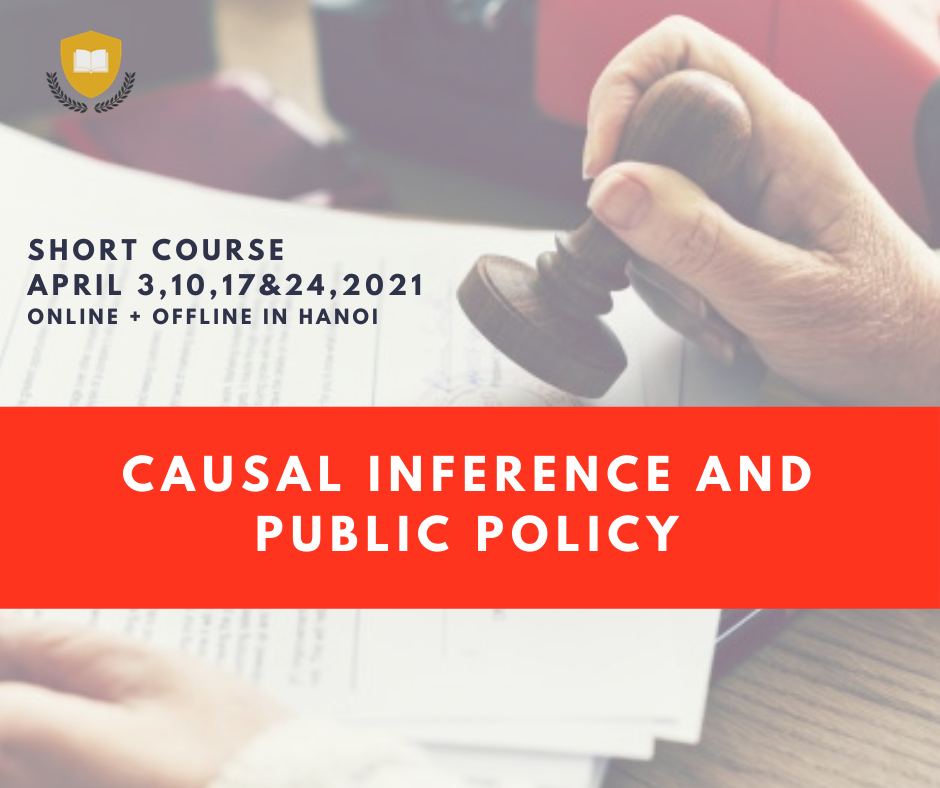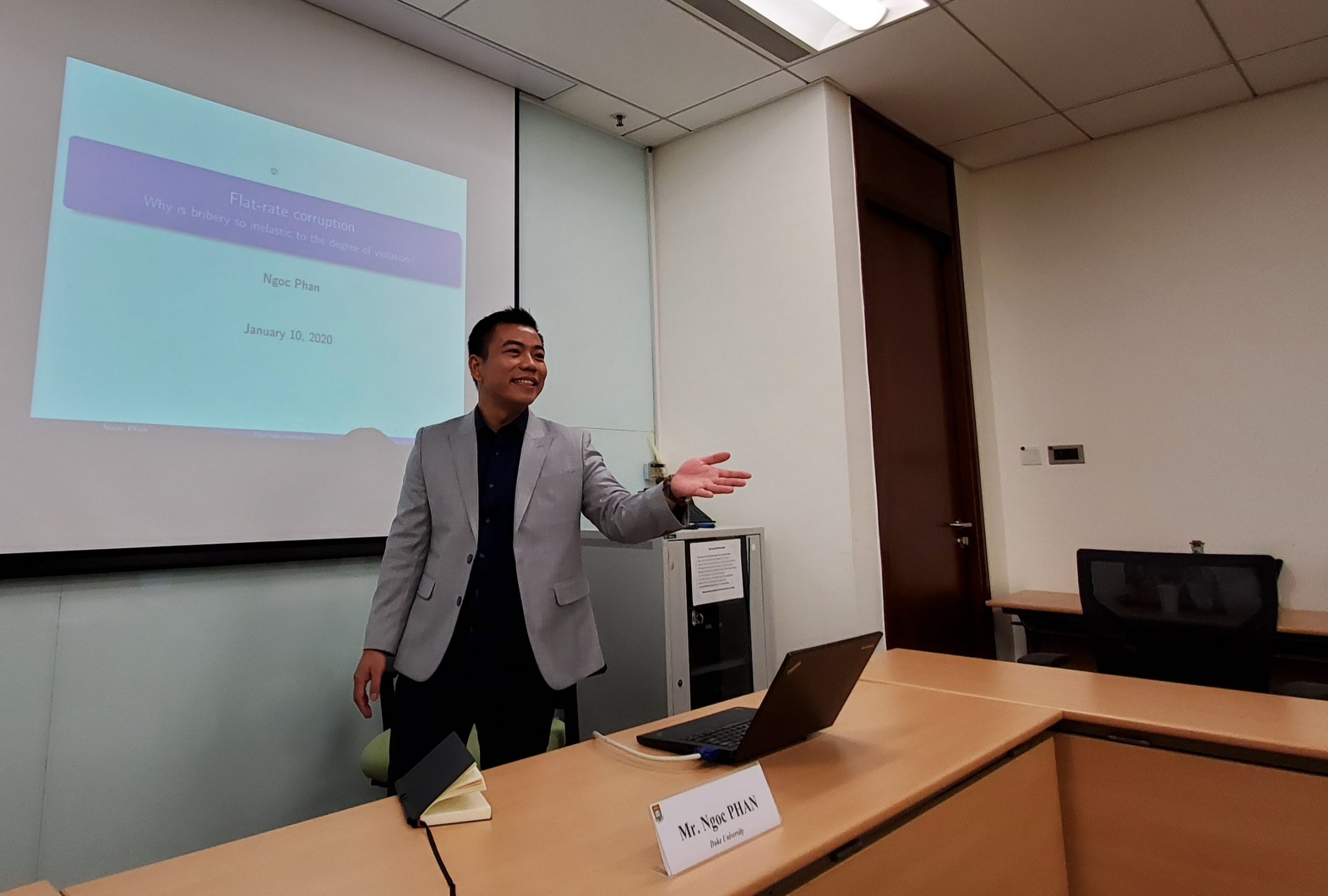Causal Inference is a process of checking whether there is a cause-and-effect relationship between two events in a given situation. Causal Inference is widely applied in different fields, especially data analysis in social sciences, health and evaluating the effectiveness of projects and policies of organizations and businesses.
Before each project, policy is implemented, we often ask the question whether the implemented project or policy really affects the target audience or not? Is there any misconception in this impact assessment? What factors lead to this misunderstanding and how to minimize the influence of these factors? Learning about Causal Inference will help us answer those questions.
Application of Causal Inference in Policy and Project Evaluation:
– To know the cause and severity of the problem
– To know the effectiveness of policies and projects
– To understand the costs, barriers, and unintended impacts of policies and projects







 Student Benefits
Student Benefits 

T. H. Anh - New York University
Causal Inference and Public Policy is one of the most interesting courses I have ever attended. In terms of knowledge, the teachers turned seemingly dry topics into very intuitive discussions through examples from Vietnam and internationally. Students also learn directly with R software. In terms of classroom experience, class members are very close to each other through group activities and extracurricular activities.